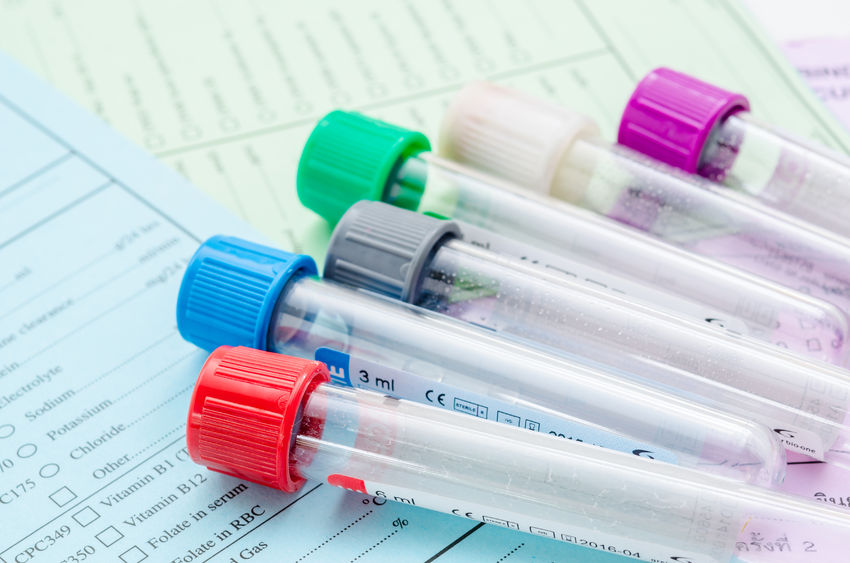
Allergy Cefuroxime Radio Immunoabsorbent Blood
What is this test?
This test is used to detect the presence of immunoglobulin E (IgE) antibodies against cefuroxime in the blood. This test helps to know the immune response of the body towards cefuroxime.
What is Drug Allergy?
Drug allergy is the reaction of the immune system of an individual towards the consumed medicine. In drug allergy, the immune system of an individual recognizes the medicine as a harmful substance and releases the antibodies to eliminate it. So, histamines were released and cause symptoms such as skin rashes, swelling of face and lips, difficulty on breathing, runny nose, watery eyes, etc.
What is Cefuroxime?
Cefuroxime is a broad-spectrum antibiotic drug that is used to treat different infections, conditions, and diseases caused by bacteria. This medicine doesn't work for viral infections. It is also known as a cephalosporin antibiotic. Cefuroxime acts by stopping the growth of bacteria and decreases the severity of bacterial infections.
It is prescribed during bacterial infections such as sinus infections, throat infections, ear infections, nose infections, Lyme disease, gonococcal infection, bronchitis inflammation of the bronchi in lungs, etc.
What is Cefuroxime allergy?
Cefuroxime allergy is a type of allergy in which an individual is allergic to cefuroxime and may suffer from symptoms such as swollen, pale red bumps on the skin, swelling of the face or any other area beneath the skin, tightening of the muscles that line the airways in lungs, runny nose, severe cough, skin rashes, swollen tongue, weakness, weak pulse, diarrhea, vomiting, etc.
In severe allergic condition, an individual may suffer from life-threatening anaphylactic shock.
Why this test is performed?
This test is performed to check whether an individual is allergic to cefuroxime or not. The doctor may ask you to undergo this test if you are suffering from symptoms such as runny nose, severe cough, swollen tongue, diarrhea, vomiting, weak pulse, weakness, skin rashes, pale red bumps on the skin, swelling of the face, etc.
Precautions:
Some medications may change the test results and hence you are advised to inform all your current medications to the doctor prior to the test.
Also known as Allergy Cefuroxime Radio Immunoabsorbent.
Test Preparation
Inform your doctor if you are on any medications, have any allergies or underlying medical conditions before your Allergy Cefuroxime Radio Immunoabsorbent Blood. Your doctor will give specific instructions depending on your condition on how to prepare for Allergy Cefuroxime Radio Immunoabsorbent Blood.
There are no specific preparations required for this test.
Understanding your test results
The test results may be different depending on gender, age, and health conditions. Inform your doctor if you have any other allergies.
Generally, there is no need for medical interventions if test results are normal.
If your test results show high levels of IgE antibodies than the given normal reference range, it may indicate that the person is most likely to have a cefuroxime allergy.
If your test results are lower than the normal reference range, it may indicate that the person is not having a cefuroxime allergy.
Based on the test results, your doctor may advise appropriate medical treatments, lifestyle modifications, or further diagnostic tests.
| Gender | Age groups | Value |
| MALE | All age groups | Increased IgE (>100kU/l) is seen if the person is allergic to the specific substance |
| FEMALE | All age groups | Increased IgE (>100kU/l) is seen if the person is allergic to the specific substance |